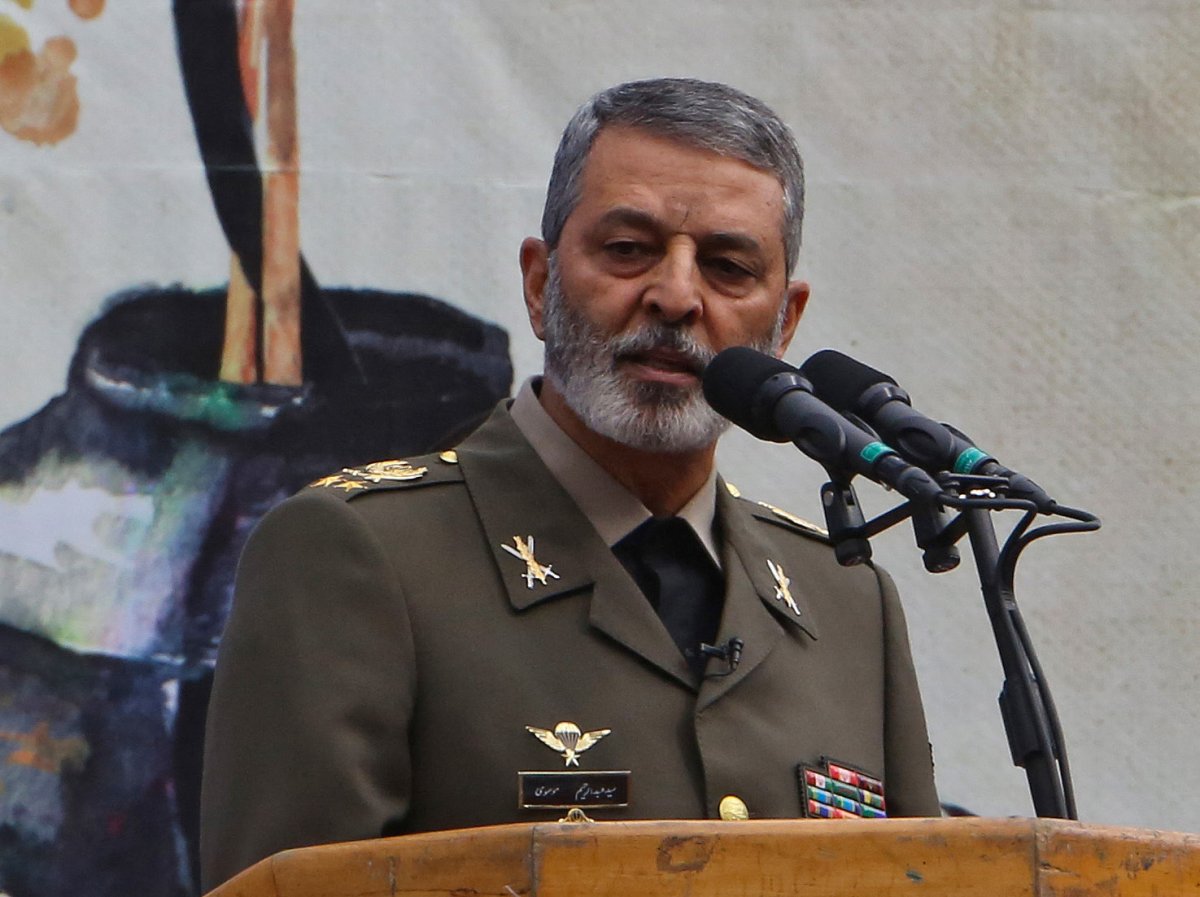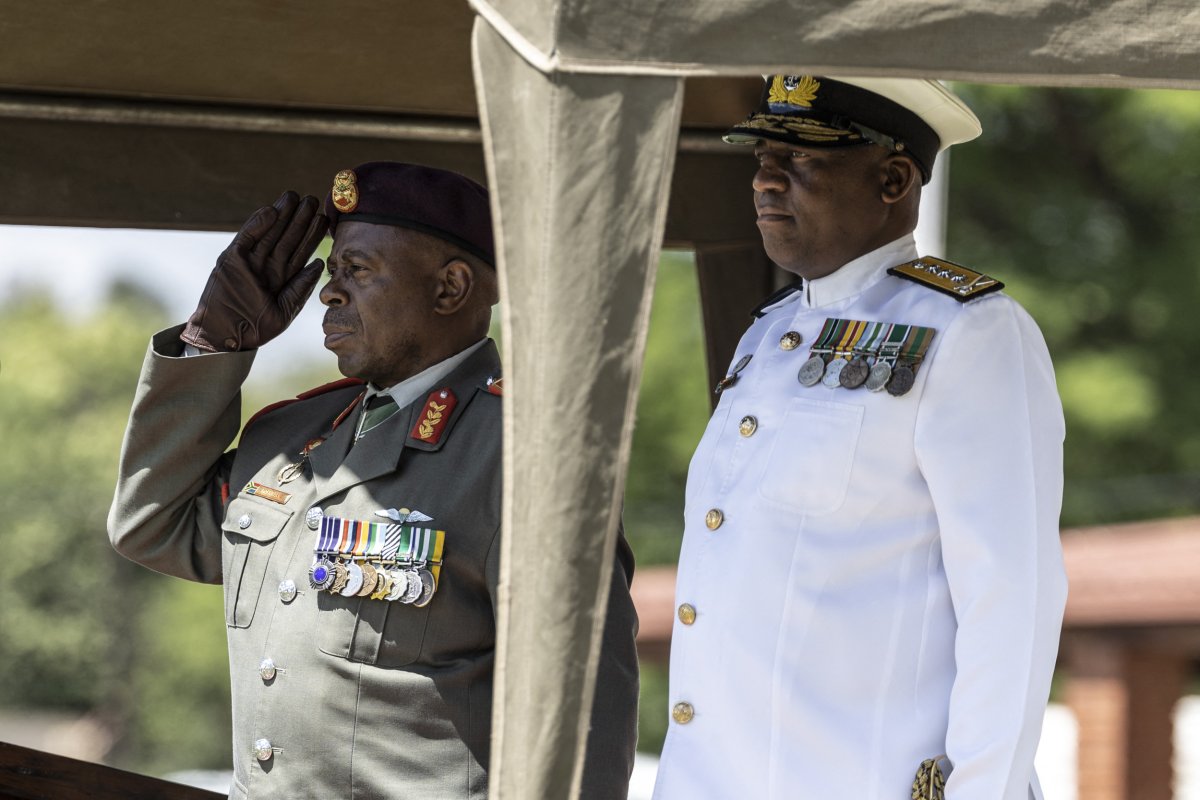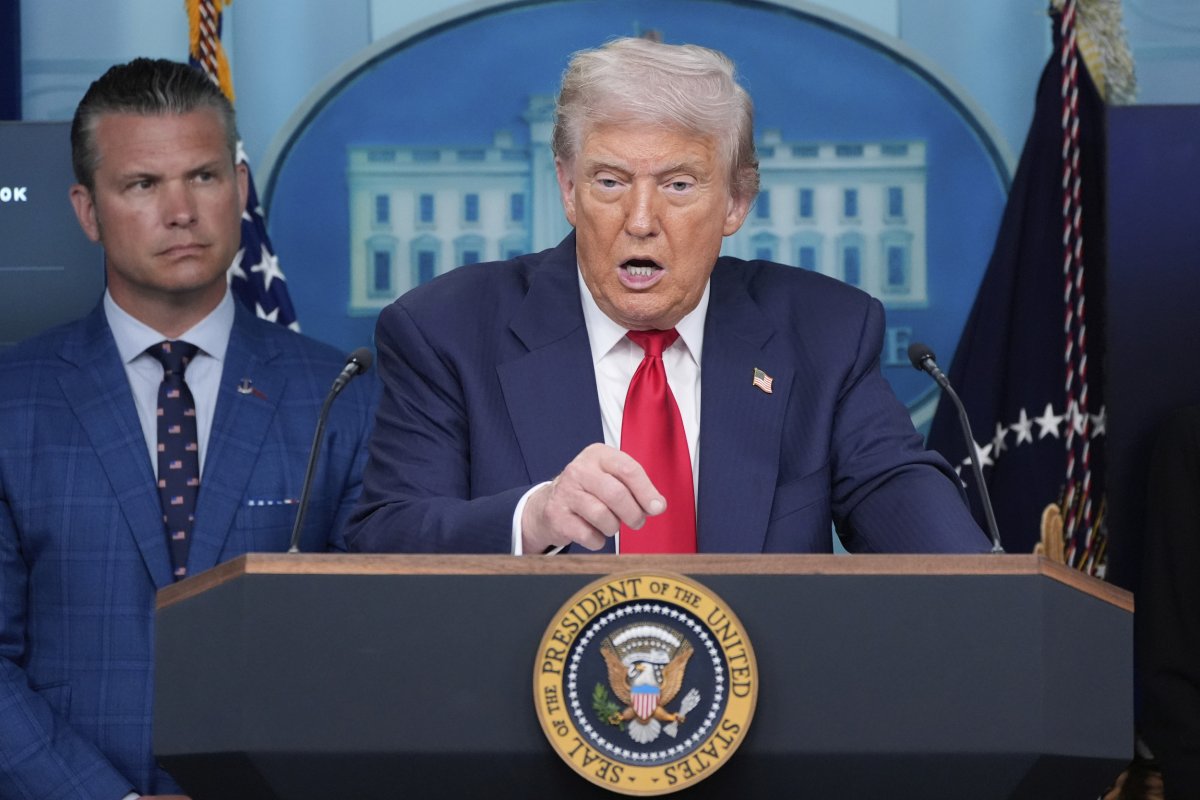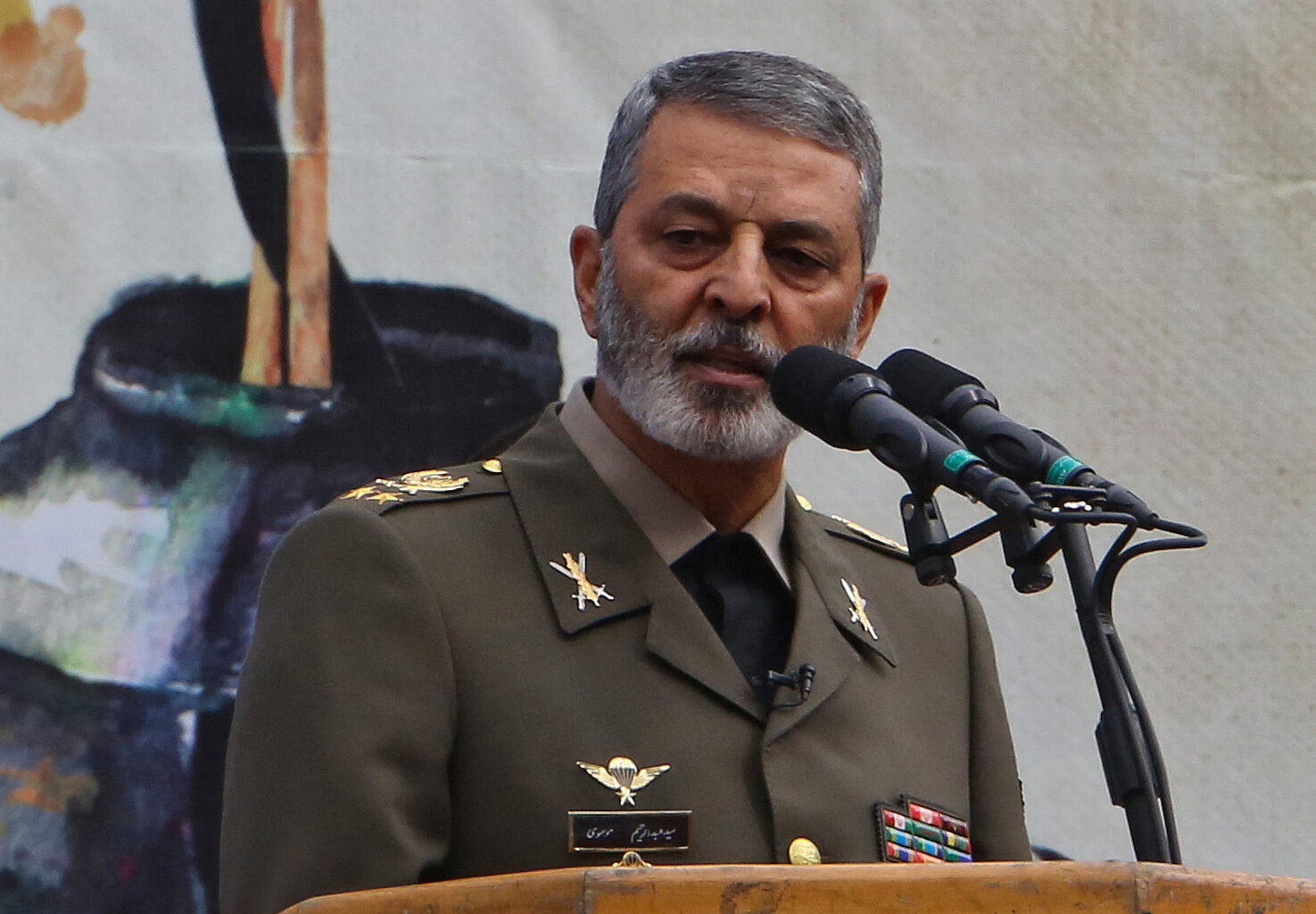Iran’s top commanders have issued a new warning to the United States and Israel, vowing a far stronger and more punishing counterstrike if either launches new attacks against the Islamic republic.
The threat came during a high-profile meeting in Tehran on Tuesday between Iran’s senior military officials and South Africa’s defense chief, part of a growing alignment rooted in shared opposition to what they call global arrogance and colonialism.
Newsweek has reached out the U.S. State Department and Iran’s Foreign Ministry for comment.
Why It Matters
Tehran’s latest statement signals a firmer military posture after the 12-day U.S. and Israeli offensive in June that had targeted Iran’s military infrastructure and nuclear sites. While Iran frames its warnings as a measure to deter future attacks, the U.S. and its allies view Iran’s intensifying rhetoric as likely to heighten regional tensions.
Observers say the potential for further escalation could have broader implications, affecting not only Middle East security but also global energy markets and international diplomatic efforts.

Commander-in-Chief of the Iranian Army Major General Abdolrahim Mousavi speaks during a rally outside the former US embassy in the capital Tehran on November 4, 2019, to mark the 40th anniversary of the Iran hostage…
Commander-in-Chief of the Iranian Army Major General Abdolrahim Mousavi speaks during a rally outside the former US embassy in the capital Tehran on November 4, 2019, to mark the 40th anniversary of the Iran hostage crisis.
More
Atta Kenare/Getty Images
What To Know
“The Iranian armed forces are prepared to give a harsher response to any fresh Israeli or U.S. act of aggression,” Major General Abdolrahim Mousavi, Iran‘s armed forces chief of staff, told South African General Rudzani Maphwanya, according to state media.
In response to the Israeli and U.S. airstrikes on Iranian targets in June, Iran launched missiles and drones at Israel and later fired ballistic missiles at U.S. military bases in Iraq and Qatar, dealing limited damage to the latter.
The Israel-Iran missile exchange, however, caused heavy casualties and infrastructure damage on both sides: Iran reported over 1,000 civilian deaths, while Israel confirmed 28 fatalities from Iranian strikes. The conflict concluded with a ceasefire, though both nations have emphasized their readiness to act if tensions escalate again.

Chief of the South African National Defence Force (SANDF), General Rudzani Maphwanya (L) and Chief of Logistics, Vice Admiral David Maningi Mkhonto (R) stand at attention during a military parade at Thaba Tshwane Military Sports…
Chief of the South African National Defence Force (SANDF), General Rudzani Maphwanya (L) and Chief of Logistics, Vice Admiral David Maningi Mkhonto (R) stand at attention during a military parade at Thaba Tshwane Military Sports Club in Pretoria, on November 29, 2024.
More
Roberta Ciuccio/Getty Images
Iran-South Africa Ties
Iranian officials used Tuesday’s meeting to reinforce ties with South Africa, praising the country’s genocide case against Israel at the International Court of Justice as “courageous” and consistent with Tehran’s stance on Gaza. Discussions centered on intelligence sharing, joint defense projects and an offer to South Africa to access Iranian military expertise, state media reported.
Trump’s Warning
Last week, President Donald Trump credited his administration with preventing wars in the Middle East by confronting Iran. “We have stopped wars in the Middle East by stopping Iran from having a nuclear weapon,” he said, referring to the June bombing.
He warned Tehran against restarting its program. “That’s a very dangerous thing for them to do, because we’ll be back as soon as they start,” said Trump, who called Iran a “perpetrator of hate” and “a very evil place.”
He said Iran would be “a lot different in the coming years,” without elaborating.

President Donald Trump speaks with reporters in the James Brady Press Briefing Room at the White House, Monday, Aug. 11, 2025, in Washington, as Secretary of Defense Pete Hegseth looks on.
President Donald Trump speaks with reporters in the James Brady Press Briefing Room at the White House, Monday, Aug. 11, 2025, in Washington, as Secretary of Defense Pete Hegseth looks on.
Alex Brandon/AP Photo
What People Are Saying
Major General Abdolrahim Mousavi, chief of staff of the Iranian armed forces: “The Iranian armed forces are prepared to give a harsher response to any fresh Israeli or U.S. act of aggression.”
General Rudzani Maphwanya, chief of the South African National Defense Force: “The Republic of South Africa and the Islamic Republic of Iran have common goals. We always stand alongside the oppressed and defenseless people of the world.”
What Happens Next
Iran’s military leaders have signaled their missile forces remain fully prepared, warning that any future U.S. or Israeli military action could prompt an even more punishing retaliation—an escalation with consequences far beyond the region.
